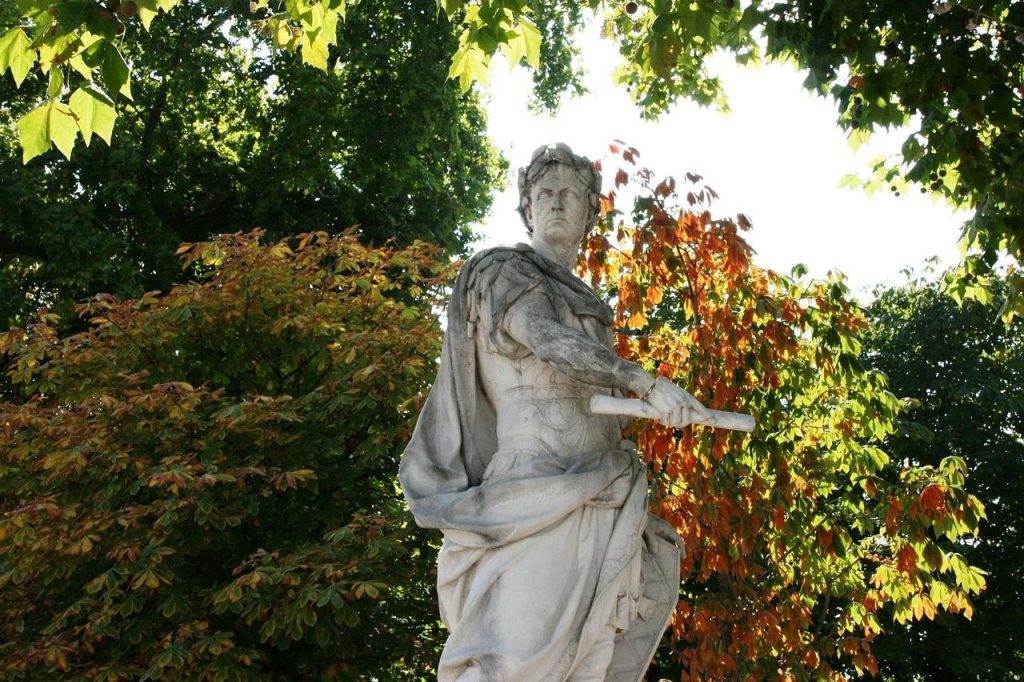In a surprising intersection of the worlds of sports and infamous criminal lineage, Julio Cesar Chavez Jr., the celebrated Mexican boxing champion, has publicly characterized Ovidio Guzman, son of the notorious drug lord Joaquín “El Chapo” Guzmán, as “a great person.” This unexpected declaration challenges the conventional narratives surrounding Guzman’s family and invites a closer look at the complexities behind public personas in the shadow of infamy. As the statement reverberates through media channels, it opens a dialogue not only about personal judgments but also about the multifaceted nature of identity in the public eye.
Julio Cesar Chavez Jr. Offers a Nuanced Perspective on Ovidio Guzman’s Character
In a striking departure from mainstream narratives, Julio Cesar Chavez Jr. put forth a multifaceted portrayal of Ovidio Guzman, challenging the common perceptions shaped by media and law enforcement agencies. Chavez Jr. emphasized that despite Guzman’s notorious family background, it is essential to recognize the complexities that define any individual’s character. He suggested that public opinion often overlooks the personal dimensions behind headlines, urging a more empathetic understanding that transcends simplistic labels.
Chavez Jr. underscored several attributes that, in his view, reveal Ovidio Guzman’s more human side:
- Respect for family values, which he sees as a common thread connecting many people regardless of their life circumstances.
- A strong sense of loyalty, demonstrated through close-knit relationships and protective instincts toward loved ones.
- The capacity for kindness, an often-overlooked trait in figures associated with controversial lives.
By highlighting these perspectives, Chavez Jr. challenges readers to reconsider their judgments and acknowledge the nuanced humanity that exists within individuals often defined solely by their affiliations.
Understanding the Implications of Public Support for Controversial Figures
When a public figure like Julio Cesar Chavez Jr. expresses admiration for a controversial individual such as Ovidio Guzman, son of notorious drug lord “El Chapo,” it triggers multifaceted reactions across society. Public endorsements of contentious personalities can unintentionally normalize their actions or ideologies, blurring the lines between personal opinion and social responsibility. This dynamic is especially critical in countries grappling with the ramifications of organized crime, where reputations and legacies are influential in shaping youth perceptions and community values.
The implications of such support extend beyond mere words, influencing public discourse and potentially affecting legal and cultural frameworks. Key considerations include:
- Social Impact: How the community’s trust and moral compass might shift in light of high-profile endorsements.
- Media Portrayal: The role of journalism in framing and contextualizing statements from public figures to prevent glamorization.
- Political Ramifications: Potential influence on policy-making and law enforcement priorities.
- Ethical Responsibility: The balance between free speech and the potential harm caused by validating controversial legacies.
Understanding these layers is crucial in navigating the complex landscape where fame, crime, and societal values intersect.
Analyzing the Intersection of Sports, Celebrity, and Social Commentary
In the world of sports, where athletes often transcend their disciplines to influence culture, the remarks of Julio Cesar Chavez Jr. about Ovidio Guzman invite a multifaceted examination. Chavez Jr., celebrated for his boxing prowess, stepping into the realm of social commentary highlights the complex dynamics at play when sports figures engage with controversial personalities. His assertion that Guzman, widely known beyond the boxing ring, is “a great person” disrupts the typical celebrity narrative, challenging public perceptions and stirring debate on how athletes use their platforms to humanize figures entangled in broader socio-political stories.
This intersection brings to light several themes worth considering:
- The power of celebrity influence: Athletes like Chavez Jr. shape public opinion, sometimes extending compassion where others see condemnation.
- The blurred lines between personal and public personas: When a sports figure speaks on contentious issues, it complicates the audience’s understanding of both subjects.
- The role of social commentary in sports culture: Such statements spark dialogue about the responsibilities and risks inherent in athletes’ engagement with political and social matters.
Ultimately, the fusion of sport, celebrity, and social discourse challenges audiences to reflect on the narratives they accept and the figures they elevate or vilify.
Guidelines for Navigating Public Statements About High-Profile Individuals
When addressing remarks about high-profile individuals, especially those involved in contentious or sensitive contexts, it is vital to balance freedom of expression with responsibility. Public figures like Julio Cesar Chavez Jr., who make statements about individuals such as Ovidio Guzman, inherently spark significant public interest and scrutiny. Accuracy and context must be prioritized at every turn, ensuring opinions are clearly distinguished from verified facts to avoid unintended implications or misinterpretations. Transparency regarding the source and intent behind statements helps preserve credibility and fosters informed discussion among readers.
To maintain professionalism and ethical reporting, consider the following:
- Clarify the nature of the statement-whether it is an opinion, a quote, or an outright claim.
- Provide background information on all involved parties to give readers a comprehensive understanding.
- Avoid sensationalism or language that may unduly influence public perception.
- Respect privacy and legal considerations concerning potentially defamatory or controversial subjects.
Adhering to these principles upholds journalistic integrity while offering audiences responsible and insightful content, especially when discussing figures whose actions and reputations intersect with complex societal issues.
In the complex and often shadowed intersections of sport, fame, and notoriety, Julio Cesar Chavez Jr.’s unexpected praise of Ovidio Guzman offers a rare glimpse into the nuanced humanity behind notorious names. While the world may rush to judgment, such declarations remind us that behind every headline lies a story layered with depth and contradiction. As this dialogue unfolds, it challenges us to look beyond the surface and consider the multifaceted nature of individuals who inhabit the blurred lines between infamy and personal virtue.


